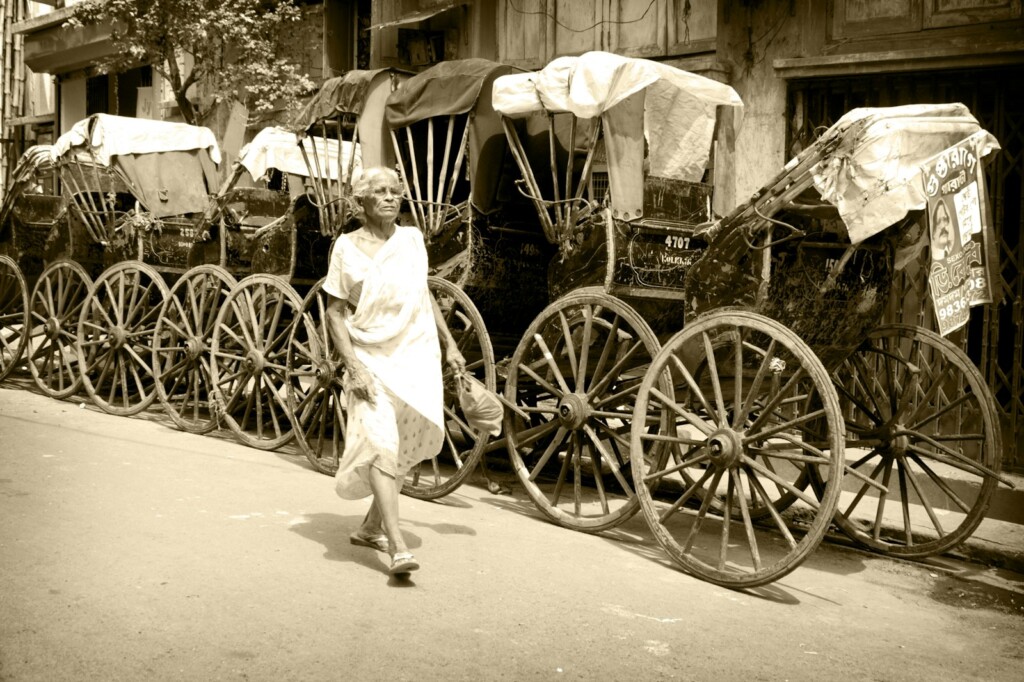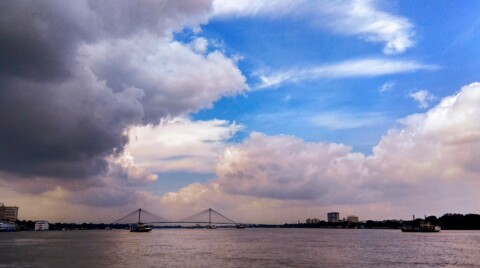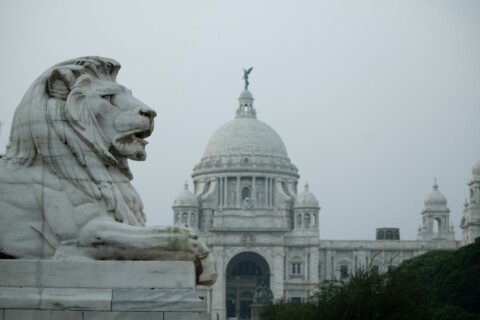Calcutta, known for its rich history, cultural diversity, and colonial past, officially changed its name to Kolkata in 2001. This transition was not merely a superficial change but a reflection of deeper socio-cultural and political motivations. In this article, we delve into the reasons behind this significant alteration, examining historical contexts, cultural implications, and the broader impact on the city’s identity.
The Historical Context of Calcutta’s Name
The city of Calcutta was founded in 1690 by Job Charnock, an agent of the British East India Company. Initially a collection of three villages – Sutanuti, Gobindapur, and Kalikata – the name Calcutta is believed to have been derived from Kalikata. The anglicized version, Calcutta, was easier for the British to pronounce and became the official name of the city during the colonial era.
Linguistic and Cultural Reclamation
The name change to Kolkata is a part of a broader trend seen across India, where cities have reverted to names that align more closely with their local pronunciations and linguistic heritage. Although the city’s name has always been pronounced Kolkata or Kôlikata in Bengali, the anglicised form Calcutta was the official name until 2001. The change to Kolkata was made to honor the city’s indigenous roots and to assert the cultural and linguistic identity of the Bengali-speaking population.
Political and Nationalistic Motivations
The renaming of Calcutta to Kolkata also had strong political undertones. In post-colonial India, there has been a concerted effort to shed remnants of British rule and reclaim indigenous names. This move was seen as a step towards decolonizing the Indian mindset and reclaiming Indian heritage. The change was part of a broader political narrative aimed at fostering national pride and reinforcing cultural identity.
The Process of Renaming
The process of renaming Calcutta to Kolkata was formalized by the West Bengal state government and received approval from the central government. This transition was officially recognized on January 1, 2001. The decision was met with mixed reactions; while many supported the change as a move towards reclaiming cultural identity, others saw it as unnecessary and purely symbolic. Nonetheless, the change was implemented, and Kolkata became the official name in all government records, maps, and public signage.
Impact on Identity and Global Perception
The renaming of the city had a significant impact on its identity both locally and globally. For residents, it was a reaffirmation of their cultural roots and an assertion of their linguistic identity. On a global scale, while the name change initially caused some confusion, it ultimately led to greater recognition of the city’s true heritage. Kolkata, as it is known today, stands as a testament to the resilience and pride of its people in their cultural heritage.
Economic Implications
From an economic standpoint, the name change had minimal impact. Kolkata continues to be a major economic hub in Eastern India, with thriving industries such as IT, textiles, and manufacturing. The renaming did not affect the city’s economic activities or its status as a significant commercial center. However, it did reinforce the city’s unique identity, which is a blend of traditional Bengali culture and modern urban development.
Challenges and Controversies
The renaming of Calcutta to Kolkata was not without its challenges and controversies. Critics argued that the change was merely cosmetic and did not address the underlying issues faced by the city, such as infrastructure development, poverty, and urban planning. Additionally, there were logistical challenges involved in changing official documents, signage, and records. Despite these hurdles, the transition was carried out, and Kolkata became the official name of the city.
Cultural Significance
The name Kolkata carries deep cultural significance. It is a reflection of the city’s rich heritage, which includes literature, music, art, and cinema. Kolkata is often referred to as the cultural capital of India, and its name change symbolizes a return to its roots. The city has produced many notable figures in various fields, including Rabindranath Tagore, Satyajit Ray, and Amartya Sen, all of whom have contributed to its cultural legacy.
Influence on Other Cities
The renaming of Calcutta to Kolkata set a precedent for other Indian cities. Several other cities followed suit, reverting to names that reflected their local languages and cultural heritage. For instance, Bombay became Mumbai, Madras became Chennai, and Bangalore became Bengaluru. This trend underscores a broader movement towards reclaiming indigenous identities and promoting linguistic and cultural diversity within India.
The Role of Language in Identity
Language plays a crucial role in shaping cultural and national identity. The change from Calcutta to Kolkata is a testament to the importance of language in asserting identity. Bengali, being the predominant language spoken in the region, holds a significant place in the hearts of the city’s residents. By aligning the city’s name with its Bengali pronunciation, the renaming serves as a reminder of the linguistic heritage that forms an integral part of Kolkata’s identity.
The Future of Kolkata
Looking ahead, the future of Kolkata seems bright. The city continues to evolve, balancing modernity with tradition. The name change to Kolkata is more than just a historical footnote; it is a symbol of the city’s resilience and its ability to adapt while staying true to its roots. As Kolkata progresses, it carries with it a rich cultural legacy that is reflected in its name and celebrated by its people.
Conclusion
The renaming of Calcutta to Kolkata is a significant chapter in the city’s history. It reflects a deeper desire to reclaim cultural and linguistic identity, to move away from colonial legacies, and to celebrate the rich heritage of Bengal. While the change was met with mixed reactions, it ultimately stands as a powerful statement of cultural pride and identity. Kolkata today is not just a city; it is a vibrant tapestry of history, culture, and modernity, woven together by the spirit of its people.









